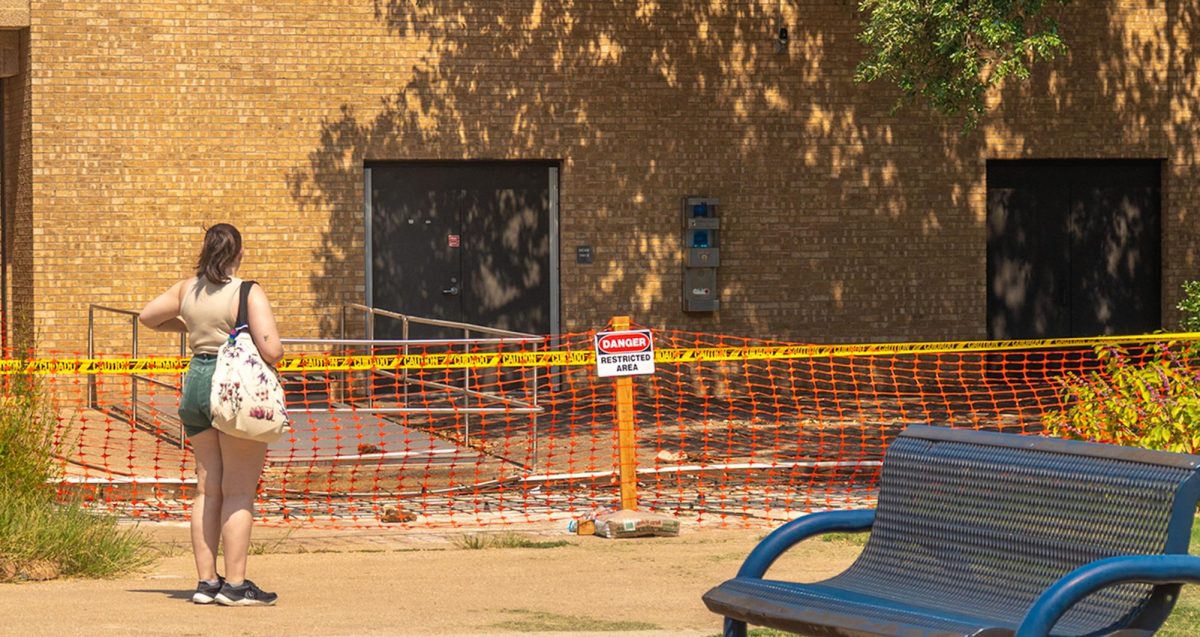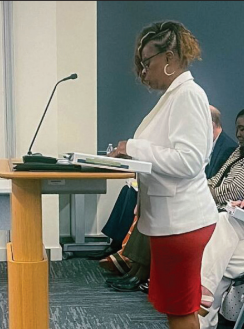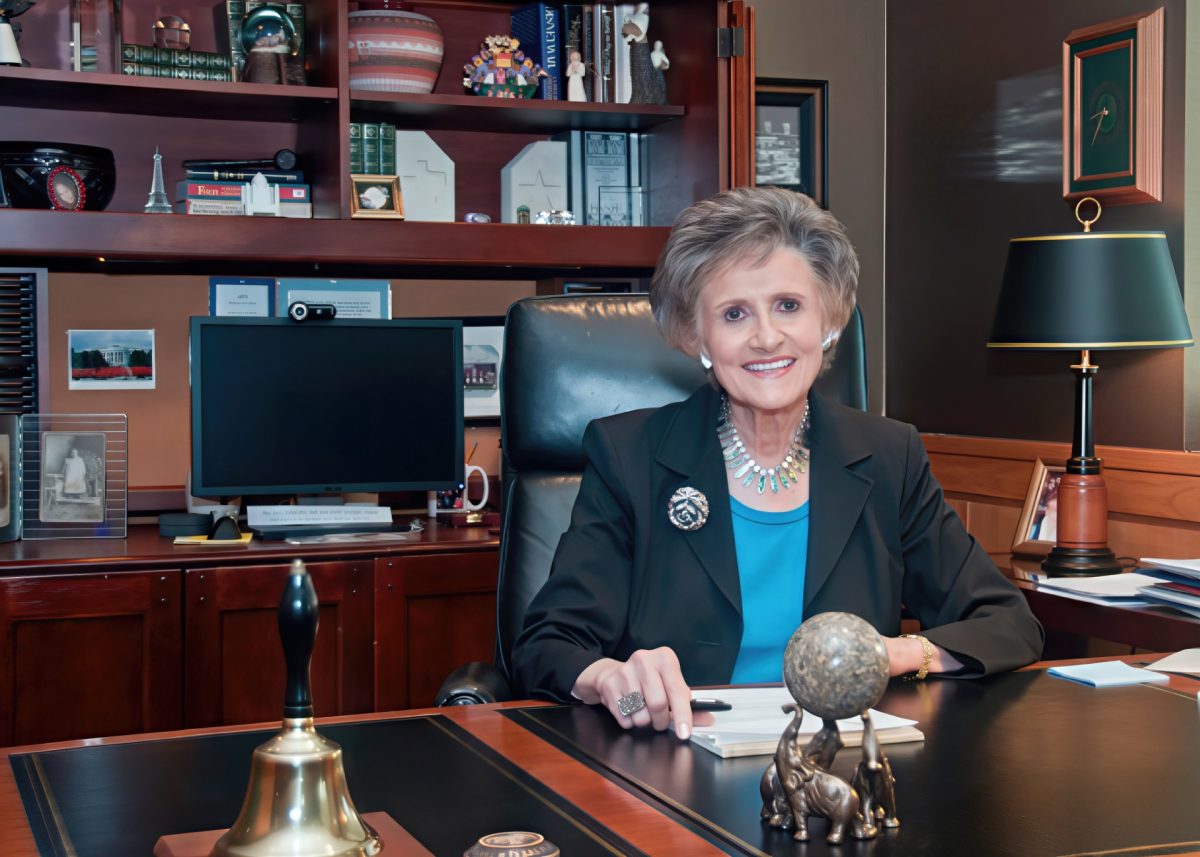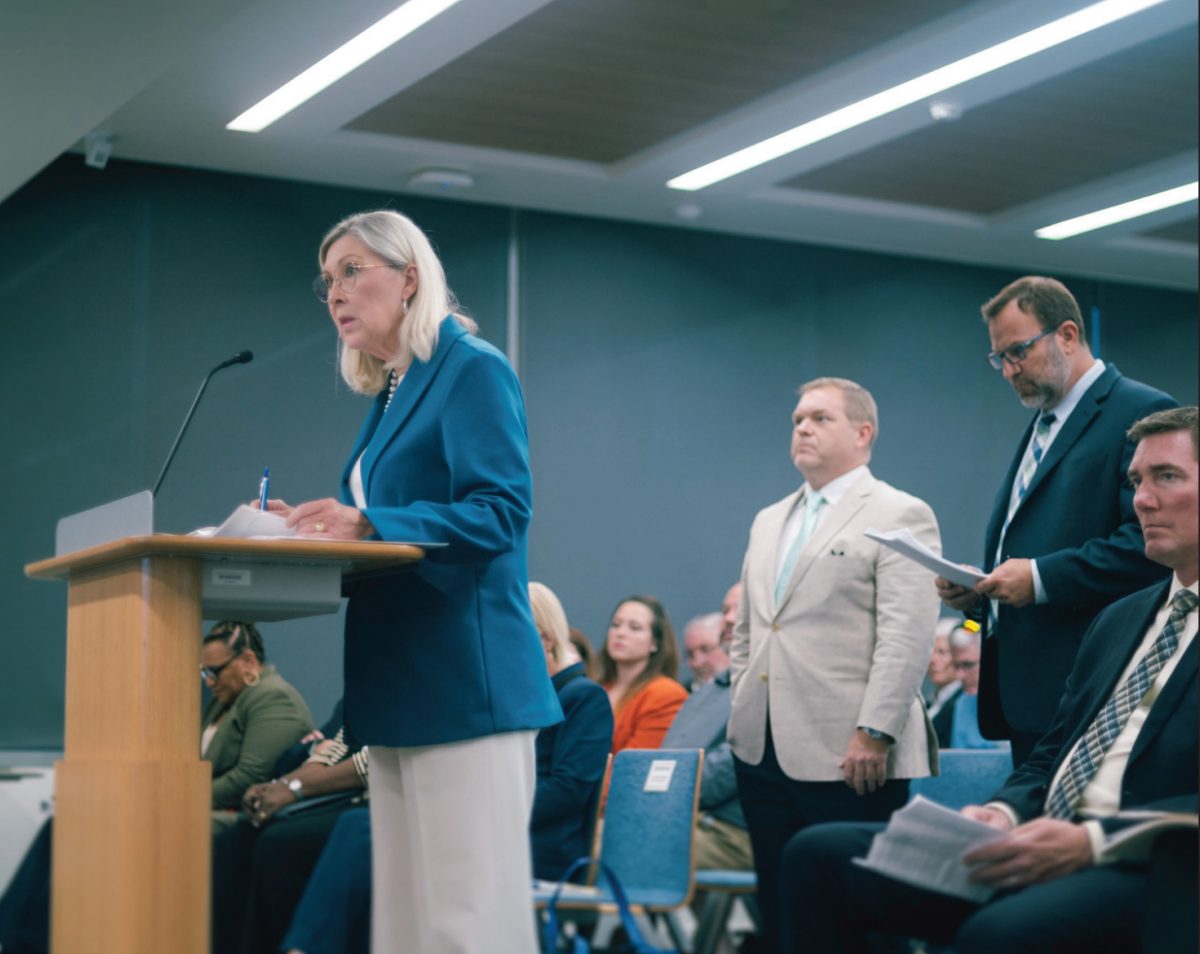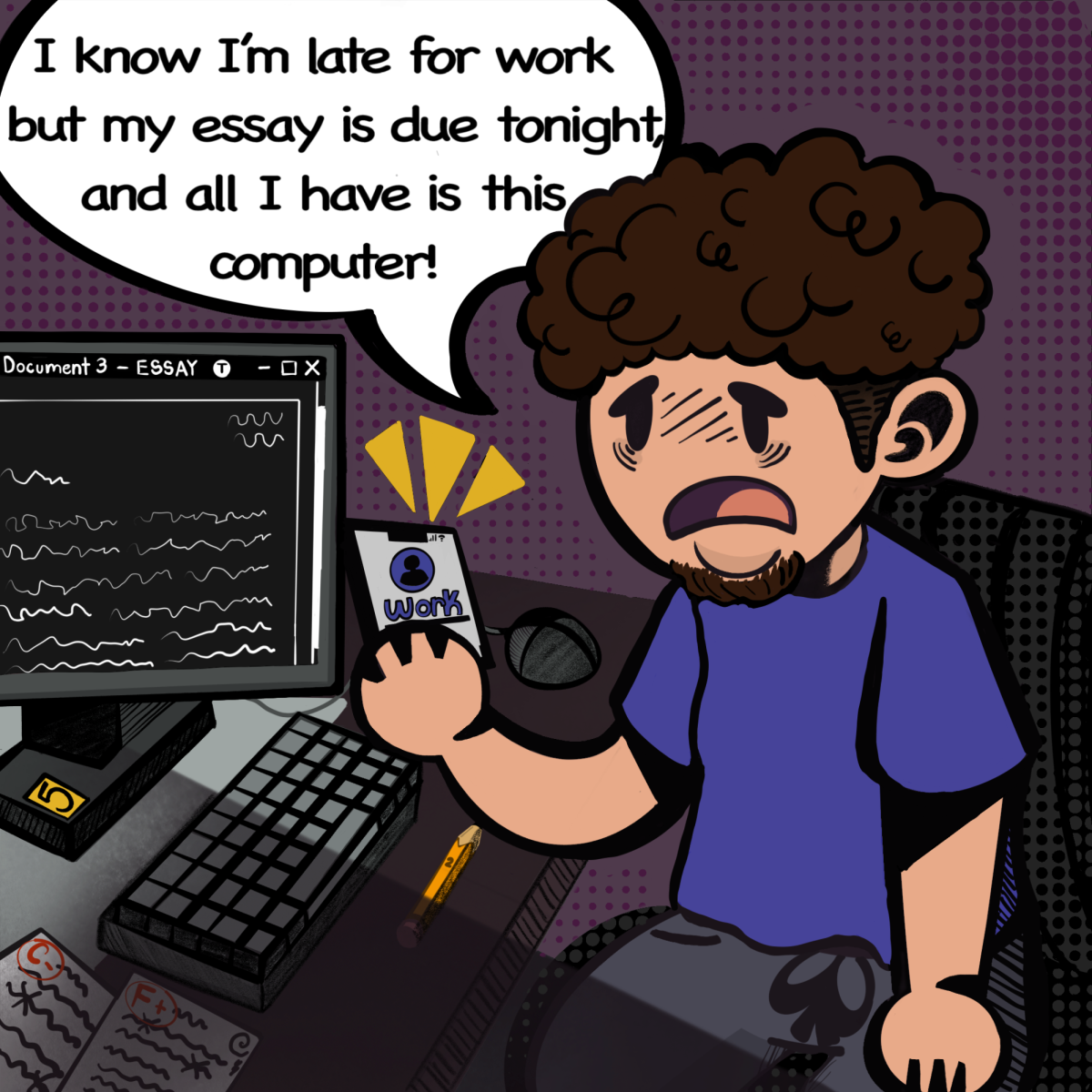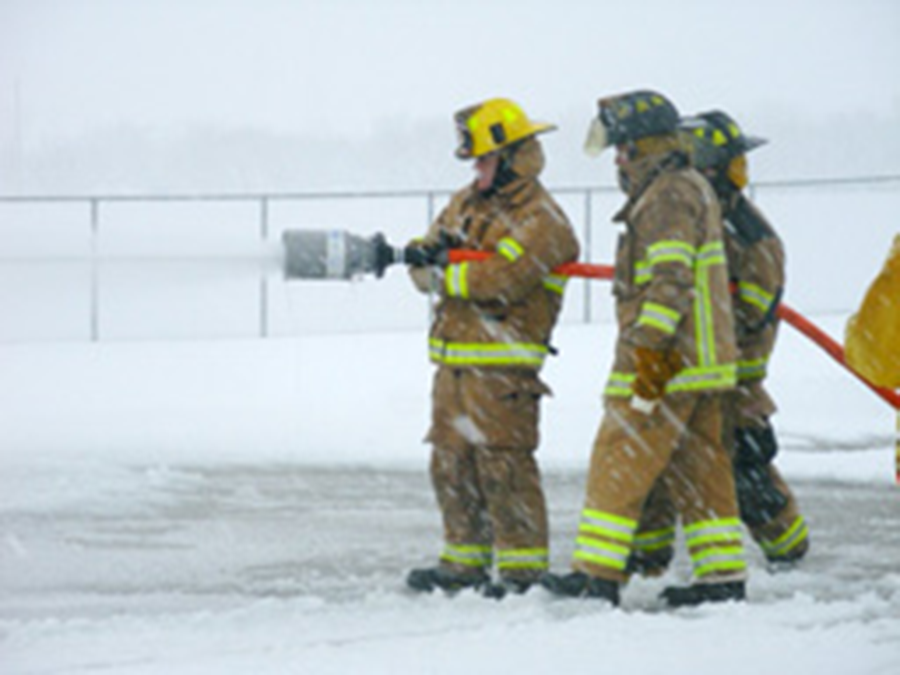By Megan Saint-John/reporter
In all stages of a relationship, students need to ask themselves and their significant others important questions.
The answers to those questions provide a foundation to important relationship decisions, two NE Campus faculty members told students during a seminar last week.
In Successful Relationships on NE Campus Feb. 9, English instructor Shewanda Riley and radiologic technology associate professor Jeniesa Johnson said if students can’t change to accept the answers, then they may have to change the relationship.
Students entering a relationship should inquire about family life, faith, affection, health and finance, Riley said. Students should ask the right questions about these topics and use the answers to decide compatibility.
“These questions don’t automatically disqualify people,” she said. “You just have to see if they’re right for you.”
Riley said asking a simple question can reveal a person’s characteristics. When it comes to finances, Riley suggested asking, “What would you do if you won the lottery?”
The other person’s answer will give insight to his or her personal values. As an example, Riley said one person might say he or she would move away and forget everyone while another person might say the money would be spent on rent and family members.
Riley said the answer is revealing because money does not change the person.
“Money or lack of money just enhances who you already are,” she said.
Riley said couples should respect each other’s personal differences. People are different in ways they show affection, take care of their health or practice religion, and couples need to recognize those conflicting habits.
“It doesn’t mean you can’t work around the issue, but it’s something you want to know,” she said.
After committing to a relationship, Riley said students should ask if their significant other enhances their life or strains it. Students should also consider if they have “settled” for the one they are with and will regret it later.
Riley said students need to ask their partner, “How do I make you feel?”
“The how question will force the person to go a little deeper than the what question,” she said.
Huong T.D. Tran, a NE student who attended the seminar, said she “learned how to break up without animosity if it doesn’t work out.”
Tran and Riley agreed on having respect for the other person’s decision then moving on after love is gone.
Riley also told students to ask themselves what they can do better next time rather than asking the other person, “Why don’t you want me? What did I do wrong?”
Johnson offered advice on dealing with stress caused by relationships.
“Everything [Riley] was talking about has an effect on you healthwise,” she said.
Johnson said five out of the nine common causes of stress deal with relationships with another person: death of a spouse, marriage, pregnancy, death of family member, divorce. Symptoms of stress include loss of sleep, headaches, change in weight and cardiac problems.
When dealing with stress, students need to give themselves personal time, eat a healthy diet and get help from friends or professionals, Johnson said.
“If you have a demanding mate, give everything to that person and have nothing left for yourself ask, ‘Is this for me?’” she said.

